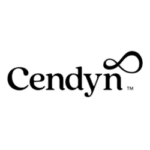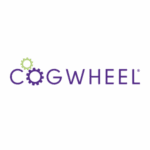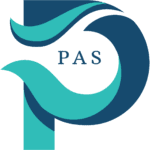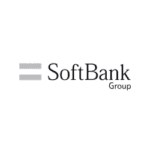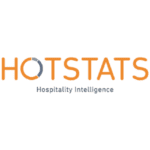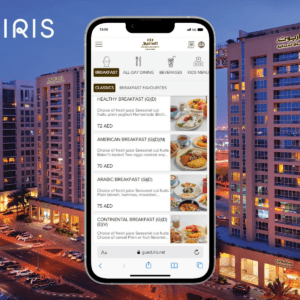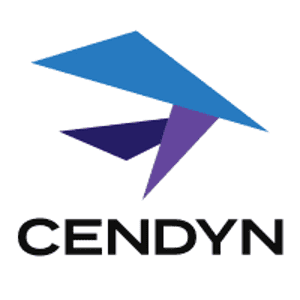
In the ever-evolving landscape of online advertising, staying ahead of the curve is paramount for businesses looking to maximize their revenue while also adapting to changes in user privacy expectations.
With Google’s recent announcement regarding updates to its Hotel Ads bidding models, hoteliers face a pivotal moment in their metasearch advertising strategies. Let’s delve into what these changes mean and how hotels can navigate this transition effectively.
Google Hotel Ads commission-based models to sunset
The upcoming changes, slated to take effect on April 30, 2024, mark a significant shift away from commission-based bid strategies in Google Hotel Ads (GHA) campaigns.
Bid models based on commission per stay and commission per conversion will no longer be available for new campaigns and will be replaced by Target return on ad spend (tROAS) and Enhanced cost-per-click (ECPC). However, existing campaigns utilizing commission-based bid strategies will continue to run until October 31, 2024.
Hotels can continue utilizing commission-based bidding models for existing campaigns during this transition period, which extends until October 31, 2024. However, we advise you to explore the benefits of transitioning to cost-per-click (CPC) models sooner rather than later to ensure a seamless transition and uninterrupted campaign performance.
One crucial aspect to note is that historical reporting data for existing campaigns will remain accessible throughout the transition. This allows you to track campaign performance and make informed decisions as you adjust your bidding strategies.
Additionally, Google has announced that reconciliation for commissions per stay will be available for nine months post-deprecation (until July 31, 2025) providing hotels with ample time to manage any outstanding commission-based transactions.
What does this mean for your hotel?
First, it’s essential to understand the need for this transition. With industry-wide shifts like the phasing out of third-party cookies, Google is prioritizing more sustainable strategies that uphold user privacy while still delivering results for advertisers.
To adapt to these changes, hoteliers are encouraged to transition their campaigns to cost-per-click (CPC) bidding models at the earliest opportunity.
As mentioned above,part from the “regular” CPC model, Google offers two new CPC models: target return on ad spend (tROAS) and enhanced cost-per-click (ECPC). These models provide you with more control over your ad spend while optimizing your return on investment (ROI).
Cost-per-click
CPC consists of the hotelier paying a specific amount each time a user clicks on their offer on the metasearch page and is redirected to their hotel website.
Simply put, with CPC, every click results in a cost for your hotel, and you only pay for the traffic generated by the ad on the price comparison site. The more you bid, the higher your ads will be displayed at the top of the purchase paths suggested to travelers.
You have two options for activating bids: a fixed bid per night or a percentage of the price of your room. Google also offers the Bid Multiplier, which allows you to refine your bidding strategy according to different parameters: the platform, length of stay, check-in date, etc. Furthermore, on Google Hotel Ads, you have the flexibility to manage your auction settings by geographic market.
Target return on ad spend
You can shift your campaigns’ bid strategies to tROAS which leverages Google’s AI to assess the potential value of conversions whenever a user searches for your hotel. Your bids are automatically adjusted for these searches to maximize your return on investment.
So, if the bidding strategy anticipates a search to yield a valuable conversion, tROAS will place a higher bid. For searches with lower potential value conversions, it will bid lower. This adaptive approach allows you to customize bids for each auction, optimizing your bidding strategy in real time with Google’s AI technology.
You can also leverage tROAS within Performance Max for travel goals, which now includes Hotel Ads inventory running hotel campaigns inventory with a unified performance strategy.
Enhanced cost-per-click
You can also shift your campaigns’ bid strategies to ECPC, which offers a streamlined approach to manual bidding to boost conversions. Your manual bids are automatically adjusted based on the likelihood of clicks leading to a booking on your website. ECPC tries to keep your average CPC below the max CPC you’ve set, including bid adjustments, when optimizing for conversions.
In GHA campaigns, ECPC serves to amplify conversions while trying to maintain your cost-per-conversion at a level similar to what you’d achieve through manual bidding. Additionally, ECPC provides the flexibility to optimize for conversion value, enabling you to prioritize high-value conversions and accurately assess the value of various conversion actions.
You can still combine bidding methods according to your revenue goals, per market, per hotel, and/or per season to reflect your business and adjust your campaigns to your needs.
What are the benefits for your campaigns?
The introduction of Google’s two primary CPC models, target return on ad spend (tROAS) and enhanced cost-per-click (ECPC), offers hotels significant advantages in managing their advertising budgets and maximizing ROI. These strategies empower you with greater control over your ad spend by allowing you to set specific targets for your desired ROI.
With tROAS, you can optimize your campaigns to achieve a specific return on ad spend goal, ensuring that your advertising efforts are cost-effective and yield profitable results.
Meanwhile, ECPC automatically adjusts bids to maximize the likelihood of conversions, helping you optimize your ad performance and drive higher-quality traffic to your booking engine.
Overall, these CPC-based bidding models enable you to fine-tune your advertising strategies, allocate budgets more efficiently, and ultimately, achieve better returns on their marketing investments.
Furthermore, by using tROAS in Performance Max for travel goals, you can unify your performance strategy across Hotel Ads campaigns, streamlining advertising efforts and maximizing reach on Google’s platforms.
Key takeaways
While change can be daunting, it also presents an opportunity for hotels to refine their advertising strategies and adapt to evolving market dynamics.
By embracing CPC bidding models and leveraging Google’s suite of advertising tools, hotels can position themselves for success in a post-cookie era while maintaining a commitment to user privacy and driving revenue growth.
As the digital landscape continues to evolve, staying agile and proactive will be key to thriving in the competitive hospitality industry.


